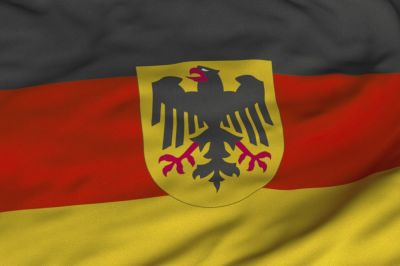Population (mln): 81,75
Official language/s: German
Internet TLD: .de
Calling code: +49
Member of the EU from: 25 March 1957
Unemployment rate Sep 2011 (%): 5,8
Unemployment rate under 25 years Sep 2011 (%): 8,3
Males enemployment rate Sep 2011 (%): 6,5
Females unemployment rate Sep 2011 (%): 5,5
Unemployment rate Sep 2012 (%): 5,5
Unemployment rate under 25 years Sep 2012 (%): 8,0
Males unemployment rate Sep 2012 (%): 5,6
Females unemployment rate Sep 2012 (%): 5,1
Population statistics 20-29 age group 2011 (%): 12,1
Country codes in education system: DE
Expected duration of education (years): 17,7
Organisation of Doctoral StudiesThe paths to a doctorate in Germany are varied. The leading model in
Germany is the individual, supervised doctorate. Doctoral studies are
completed at universities, around a third of them in cooperation with
non-university research institutes. There is also the option of
cooperative doctoral studies programmes between universities and
Fachhochschulen. At present, there are just less than 100,000 doctoral students in Germany. More than 25,000 obtained their doctorate in 2010.
In order to support the up-and-coming academics,Graduiertenkollegs, financed by the German Research Foundation (Deutsche Forschungsgemeinschaft
– DFG), have been set up at institutions of higher education since 1990
to provide students with the opportunity to prepare their doctorate
within the framework of a systematic study programme. There are
currently more than 220 Graduiertenkollegs in Germany. Since
1998, there has been a larger number of other structured cooperative
forms of training for doctoral students. These include international
doctoral programmes, International Max-Planck Research Schools, Graduate
Schools and graduate schools (Graduiertenschulen) promoted
within the framework of the Excellence Initiative of the Federation and
the Länder for the Promotion of Science and Research in German Higher
Education Institutions (Exzellenzinitiative des Bundes und der Länder zur Förderung von Wissenschaft und Forschung an deutschen Hochschulen).
source:
Eurypedia - The European Encyclopedia on National Education Systems
http://eacea.ec.europa.eu/education/eurydice/eurypedia_en.php
